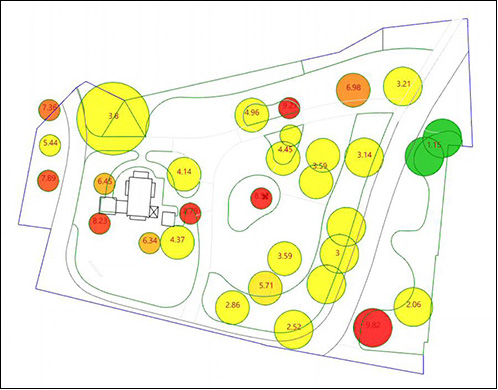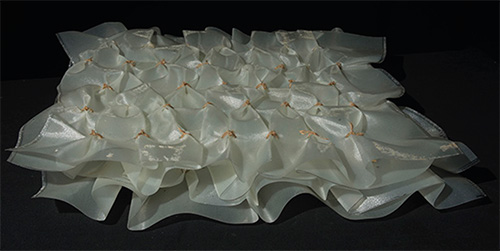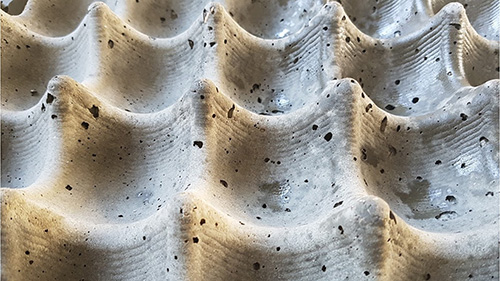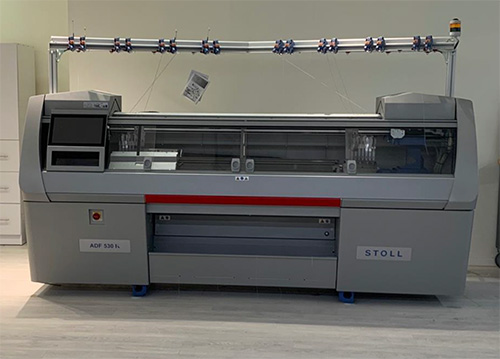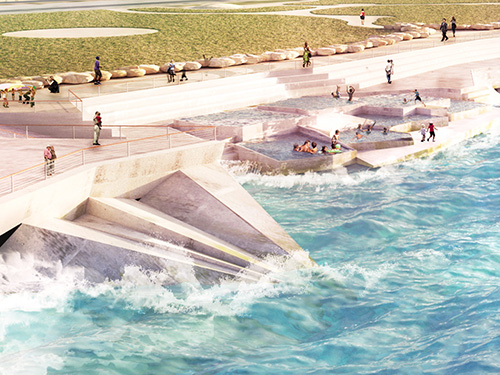Research
The Technion Computational Design Group (T_CODE), led by Prof. Yasha Jacob Grobman, treats architecture as a living system rather than a static object. We combine computational design, robotic and material innovation, environmental performance, human perception research, and urban ecology to propose buildings that actively support climate resilience, human well-being, and biodiversity.
Our work develops building envelopes that function as ecological interfaces, not just façades — including multi-species habitats embedded in architectural surfaces (e.g. through initiatives such as ECOLOPES). In parallel, we study how people physically and cognitively respond to space. Using VR, eye tracking, EEG, and physiological sensing, we measure stress, attention, and cognitive load to link spatial design with mental resilience and comfort.
We also research fabrication strategies for a low-carbon future. By merging computational geometry with robotic manufacturing and bio-based materials, we create components that reduce environmental impact while remaining feasible at architectural scale.
T_CODE moves from simulation to prototype to built work. Projects such as the Porter School of Environmental Studies serve as full-scale testbeds, allowing us to evaluate performance in context and inform guidelines for urban policy, education infrastructure, and environmental standards. The lab’s output includes more than one hundred peer-reviewed publications and the co-edited volume Performalism, which helped establish performance-driven design as a core discourse in contemporary digital architecture. Its work has been recognized internationally, including in Autodesk’s AEC Excellence Awards for sustainability, and is supported by competitive national and European funding frameworks. The group collaborates with architects, engineers, ecologists, neuroscientists, municipalities, ministries, and industry partners, because it sees architecture as a platform for societal health — ecological health, cognitive health, and urban resilience — rather than as an isolated design exercise.




